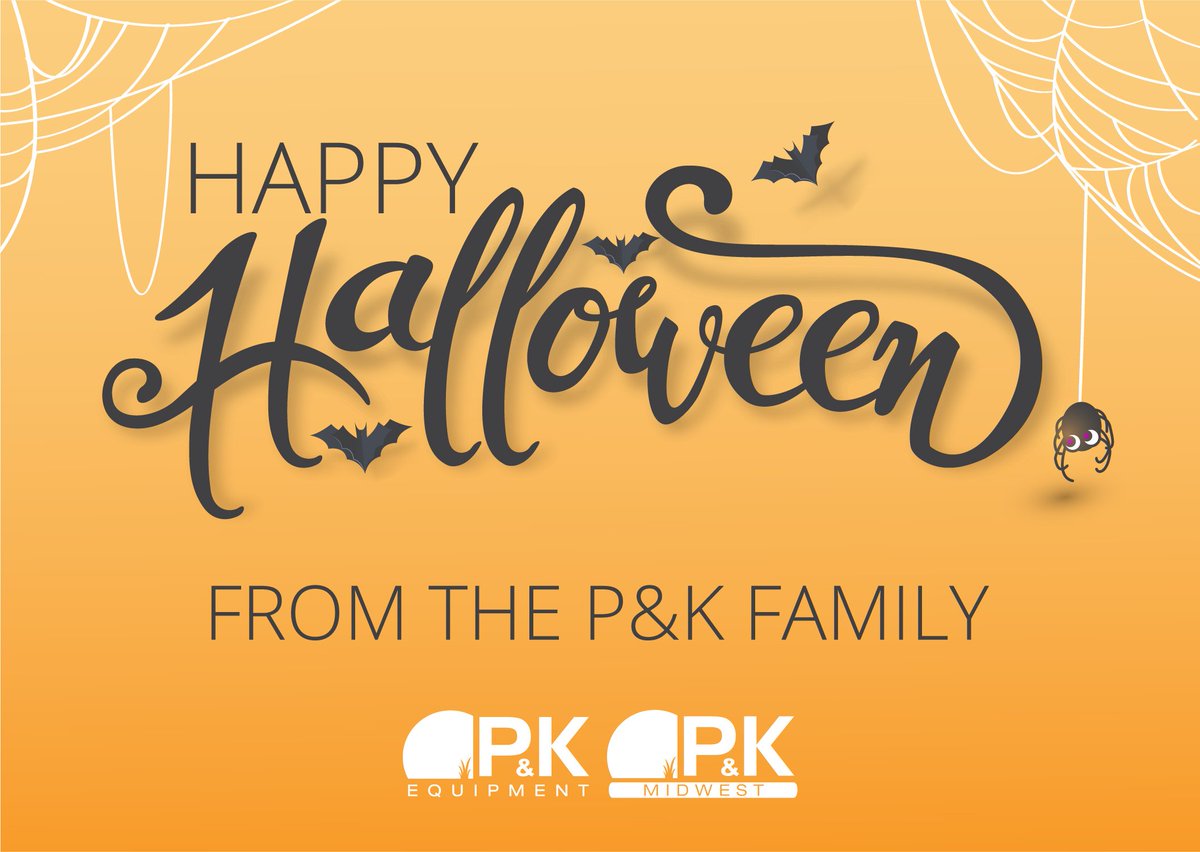
The increases in myeloid cell infiltration and repolarization of macrophages we’ve seen in multiple post-treatment biopsies are provocative and consistent with our proposed mechanism of action,” said Edith Perez, M.D., Chief Medical Officer of Bolt Biotherapeutics. In this Phase 1/2 study of BDC-1001, we have gained tremendous insight into the ability of this novel candidate to mobilize the patient’s immune system in targeting the tumor and its microenvironment. “Bolt Biotherapeutics is committed to agile clinical development based on data.

The data also support initiation of the combination therapy study with nivolumab (PD-1 inhibitor). The favorable safety profile of BDC-1001 allows for continued enrollment in the dose escalation portion of the study, and the Company’s refined PK model based on data from more than 50 patients predicts that weekly administration will provide BDC-1001 exposures at or above the target exposure threshold. These encouraging data point to the need for increased drug exposure to optimize clinical benefit. Increasing drug exposure correlates with increases in plasma cytokines and corresponding biomarker changes in the tumor microenvironment of multiple post-treatment tumor biopsies, with intriguing signs of clinical disease control. Plasma and tissue biomarker results show increase in multiple biomarkers indicative of myeloid cell and TLR 7/8 activation that is consistent with BDC-1001’s mechanism of action.

Clinical PK modeling predicts that target exposure levels can be achieved with weekly dosing. The pharmacokinetic (PK) data demonstrate increasing peak drug levels with increasing dose, and linearity of PK above the 5 mg/kg dose level. There was no indication of cytokine release syndrome (CRS), and a maximum tolerated dose (MTD) has not been reached.Įarly signs of clinical activity are noted in 13 of 40 tumor evaluable subjects with one durable partial response maintained through 52 weeks and multiple subjects achieving stable disease for >12 weeks. Fifty-seven subjects have been treated at increasing dose levels up to 20 mg/kg every three weeks and 12 mg/kg every two weeks, and data from these subjects demonstrate that:īDC-1001 continues to have a favorable safety and tolerability profile with mild (grade 1/grade 2) infusion related reactions in some patients and no dose-limiting toxicities at dose levels up to 20 mg/kg every three weeks and 12 mg/kg every two weeks. The poster presentation at ESMO I-O reported new safety, pharmacokinetic/pharmacodynamic, and efficacy results for the ongoing Phase 1 dose-escalation portion of the BDC-1001 monotherapy trial. “There is a clear need for well tolerated, durable treatments in the fight against cancer and I’m excited to see if BDC-1001 can deliver on that potential as we explore higher drug exposure levels.” Sharma, Associate Director of Clinical Research at START Midwest. “The favorable safety profile and early indications of clinical disease control in the BDC-1001 study are encouraging,” said Dr.

BDC-1001 is an immune-stimulating antibody conjugate (ISAC) comprising a HER2-targeting biosimilar of trastuzumab conjugated with a non-cleavable linker to an innovative TLR7/8 agonist.

BDC-1001 demonstrated a favorable safety and tolerability profile at all evaluated doses and schedules, showing early signs of clinical activity with corresponding biomarker changes in the tumor microenvironment of post-treatment tumor biopsies. The company reported data from 57 subjects participating in an ongoing Phase 1/2 study of BDC-1001, across 16 different types of HER2-expressing solid tumors. The lead author for the poster is Manish Sharma, M.D., START Midwest, with contributions from Ecaterina Dumbrava, M.D., MD Anderson Cancer Center, and other colleagues from the U.S. (Nasdaq: BOLT), a clinical-stage biotechnology company pioneering a new class of immuno-oncology agents that combine the targeting precision of antibodies with the power of both the innate and adaptive immune systems, today announced the presentation of interim clinical data from the company’s ongoing Phase 1/2 study of BDC-1001, the company’s lead immune-stimulating antibody conjugate (ISAC) in a poster session at the European Society for Medical Oncology Immuno-Oncology (ESMO I-O) Congress 2021, being held virtually from Dec. 06, 2021 (GLOBE NEWSWIRE) - Bolt Biotherapeutics, Inc.


 0 kommentar(er)
0 kommentar(er)
